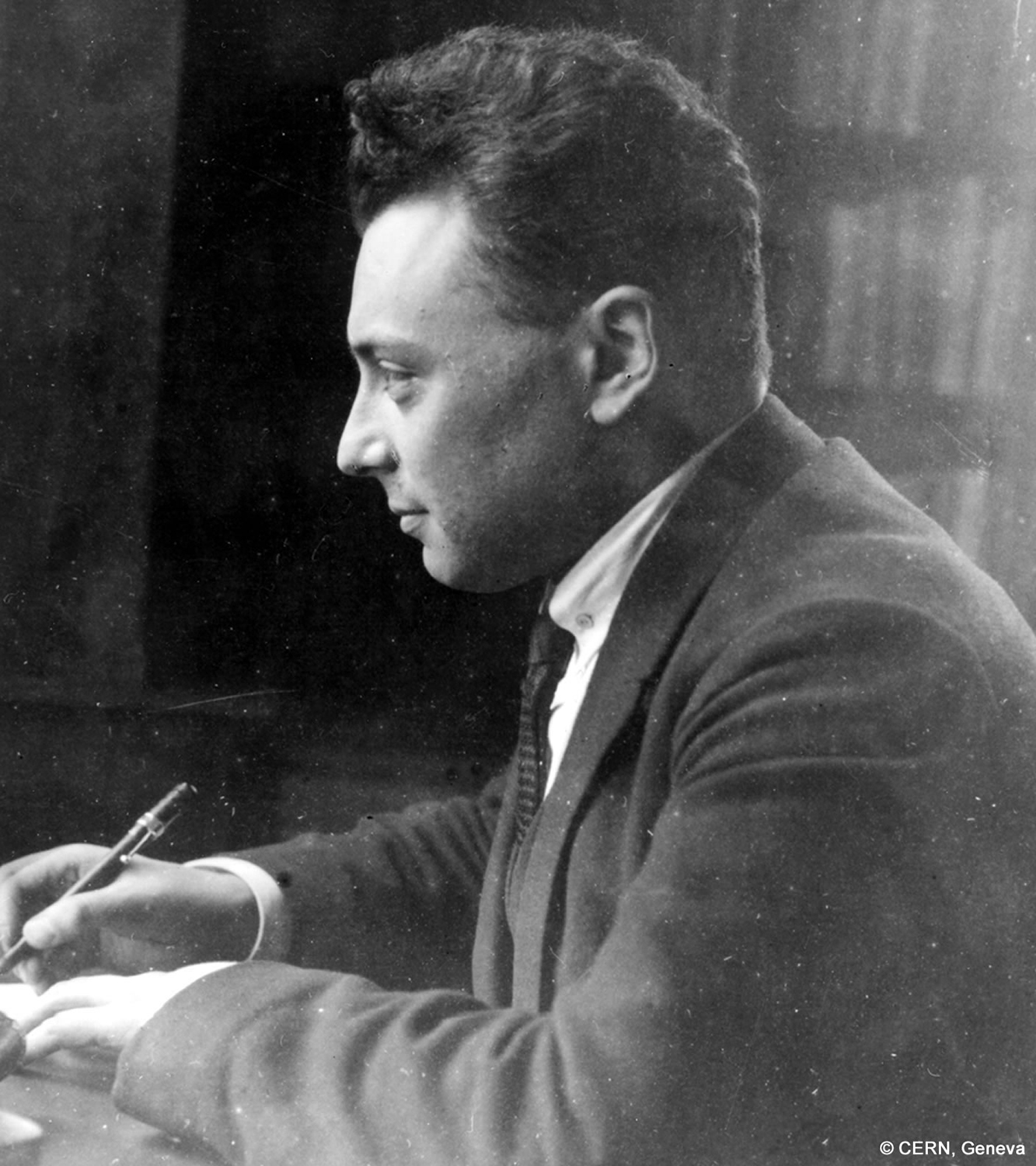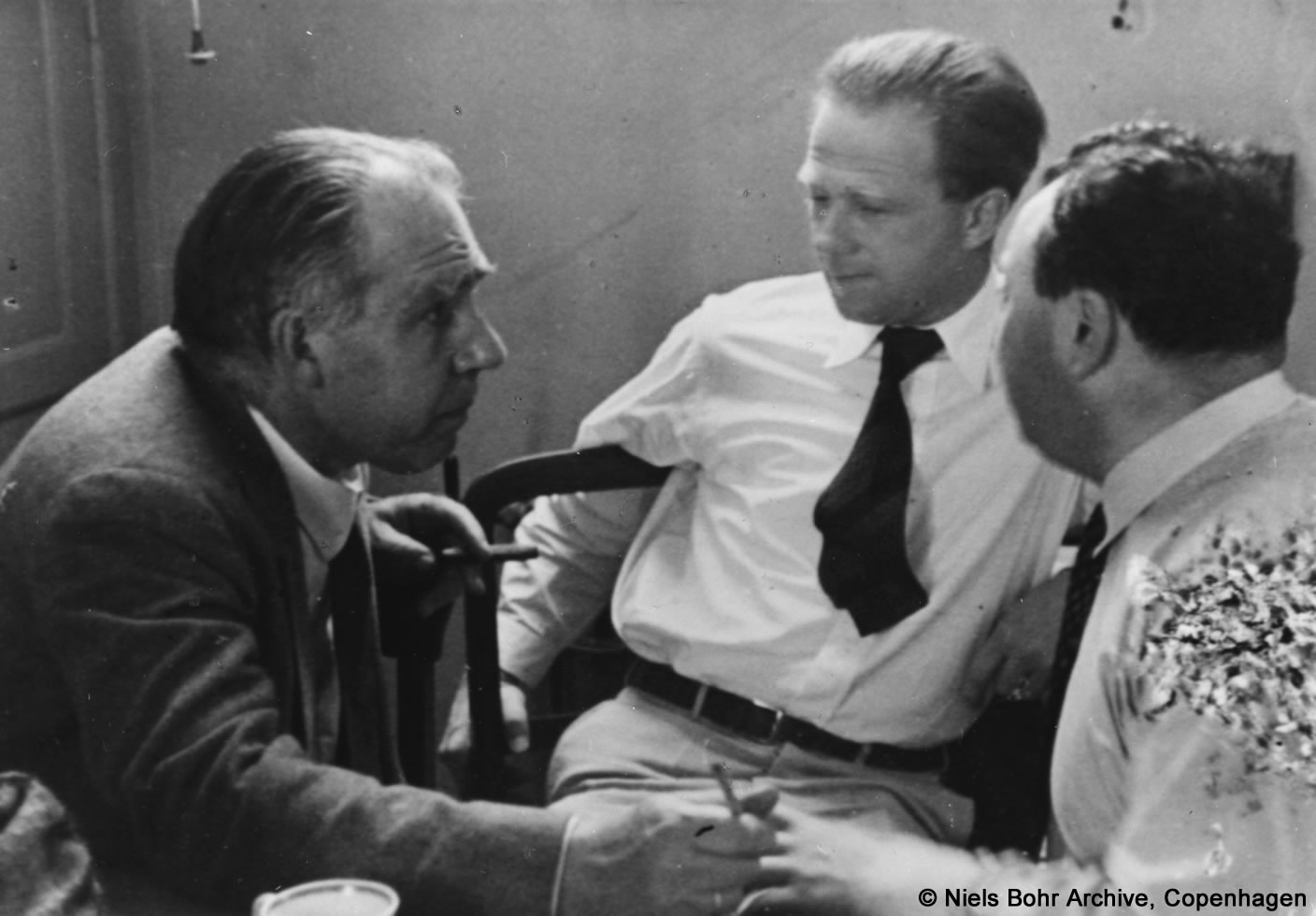Assistant in Hamburg

In the 1920s in particular Hamburg University benefited from the proximity of the two centres for theoretical physics, Copenhagen and Göttingen. In the 1922 summer semester Wolfgang Pauli joined his friend Professor Wilhelm Lenz as a "scientific helper" – i.e. assistant – at Hamburg University. After studying for a year in Copenhagen, Pauli was finally promoted to professor in Hamburg in 1924. In the same year he discovered the exclusion principle, also known as the "Pauli principle".

After becoming a professor, Pauli turned his attention to an article on quantum theory in the "Handbuch der Physik". In 1926 Pauli addressed himself to quantum mechanics, an area since newly founded by Werner Heisenberg. There followed a debate concerning electron spin and finally in 1927 the intensive discussion with Niels Bohr and Werner Heisenberg on "solving the quantum puzzle", as Pauli called it in a letter to Bohr. The results – the "Copenhagen interpretation" of quantum theory – were presented and discussed at the international conferences in Como and Brussels in late summer 1927.